
Love Like Poison
If a person is doing hurtful things, yet saying sweet words after the fact or being extra-well behaved, ignore the “I’m sorry” and take a good look at the hurtful actions...

Relationships can be very confusing- particularly in this day and age, when most of us don’t follow any accepted ground rules. The accepted dating etiquette has drastically changed, and not for the better, in my opinion. These days, anything goes. A woman can approach a man without feeling embarrassed or desperate. The life span of an average relationship has severely shortened, whether the couple is married or not. Changing romantic partners has morphed into a kind of wardrobe change: “Oh, Jason? He was so last summer!”
Don’t believe me – take it from the women's magazines that you (shouldn't) see on the racks by the checkout counter of the supermarket: “New Summer, New Love”- it’s right there on the front cover of every issue, even if it’s winter…
There is a big side effect to this "anything goes" mentality – people don’t understand what love means. And it’s not just limited to romantic love. I’ll get to that point later.
 Here’s a typical relationship: the couple meets, maybe at a club or through friends. Their first date is at Starbuck’s or McDonald’s – something totally unromantic. They have an attraction for each other, so they decide to keep dating. Here’s where the trouble starts. In her mind, she’s exclusively dating him. In his mind, there was no exclusivity clause in the dating contract, so he’s legally free to date as many naïve girls as he wants.
Here’s a typical relationship: the couple meets, maybe at a club or through friends. Their first date is at Starbuck’s or McDonald’s – something totally unromantic. They have an attraction for each other, so they decide to keep dating. Here’s where the trouble starts. In her mind, she’s exclusively dating him. In his mind, there was no exclusivity clause in the dating contract, so he’s legally free to date as many naïve girls as he wants.
Eventually, she finds out about her Casanova’s all-you-can-date buffet, and dumps him. Or at least, she threatens to dump him. Then he starts pulling the, “But I love you!” nonsense, and before she knows it, she’s giving him a second chance. And a third. And maybe even a fourth.
This scenario applies to married couples as well – there are plenty of relationships in which one spouse has repeatedly cheated on the other, yet they are given chance after chance to keep killing the other spouse.
This type of poisonous love also exists between family members. Some parents are repeated offenders in hurting their children’s feelings and destroying their fragile self esteems. And the poor children have little choice but to accept their parent’s seemingly genuine apologies as they set themselves up to feel like a human sacrifice over and over again.
Let’s get back to romantic relationships. The examples may differ, but the dynamic is still the same: one partner repeatedly does hurtful things to the other, yet manages to make his (or her) way back into the long-suffering arms of the "hurtee". This leads to tremendous confusion in the “victim’s” mind as to if this is the right person for them.
Here’s a great general rule that Rabbi Brody advises young women who are on the market for a husband: go for the good heart. What does this mean, practically?
It means that if a guy (for argument’s sake) is doing hurtful things to his love, yet saying sweet words after the fact or being extra-well behaved, ignore the “I’m sorry” business and take a good look at the hurtful actions. In an extreme case, we can look at emotional or physical abuse as a good example. The abuser usually is extra sorry or sweet, or romantic, or loving right after he abuses his victim. This causes the victim much confusion, as they don’t understand the “love” the abuser is showing them.
In less extreme situations, this confusion can apply to many unhealthy relationships. The resulting confusion is what I believe leads most people to stay in such destructive relationships. “Does he love me?” is the question the victims are constantly asking themselves.
Considering the aforementioned advice, the answer is a definite NO. A person with a good heart doesn’t repeatedly and intentionally hurt his loved ones. It doesn’t matter how sincerely and deeply they are sorry. They will strike again, because this is the way they show “love”.
If you’re in a confusing relationship like this one, though it may not be abusive, take a step back and look at your dynamic from an outsider’s perspective. You can even make a list and compare examples of hurtful actions vs. loving actions. See for yourself how the hurtful actions severely outweigh the loving actions.
To clarify, loving words are not considered loving actions. Do not confuse the two. If you find that the one who claims to love you does more harm than good, know that this is not love. It’s poison masked in pretty hearts and flowers.
If you know that deep down it’s not a healthy, loving relationship, why are you still in it? Many times people stay in unhealthy relationships because they’re lonely or they don’t think they can find someone better. In this case, it’s time to seriously work on strengthening your emuna! Do you think G-d wants you to be stuck in a self-destructive relationship? You’re his child! Would you want your child to be in such pain? Of course not!
“Then why did G-d send me such a person to hurt me?” you may ask. Let’s look at it this way – G-d sends people tests in their areas of weakness. To some, He may send a person to make them angry. To others, He may send a person to make them sad. G-d does this in order to expose your weak points so you can now focus on building and strengthening them.
If a person has low self-esteem, G-d will likely send them someone who will keep pressing on those painful buttons in order to help that person develop her sense of self-worth. When she can say,“Enough! I deserve better!” this is a huge victory for her and a step in the right direction. She has made huge progress in her spiritual journey and soul correction.
It is more complicated when the relationship involves a parent and child, especially if the child is a minor. He is not yet mature enough to understand that this isn’t the way a parent is supposed to behave. In this case I would place the responsibility on the spouse or other guardian – they should have their eyes wide open for any hurtful actions from the other parent, particularly since they are aware of that person’s character traits.


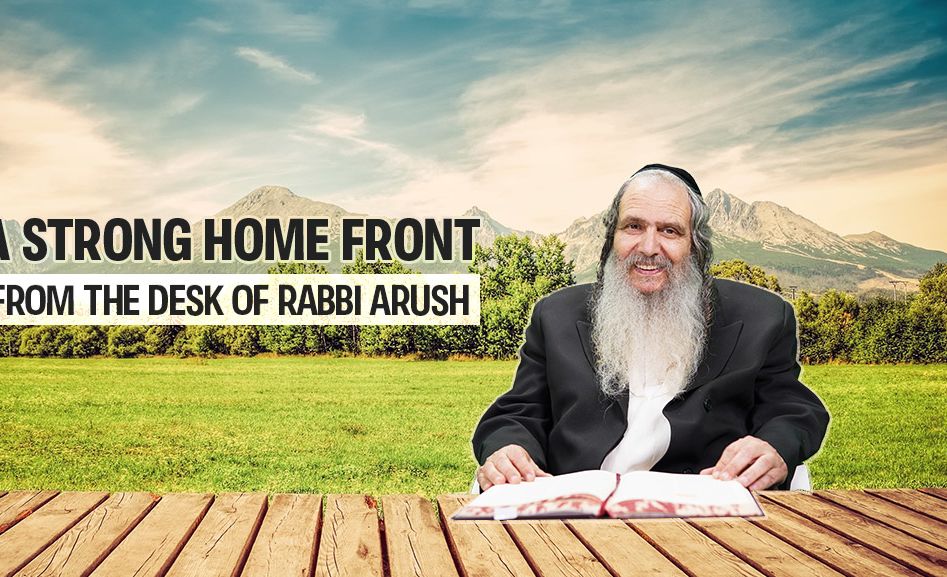
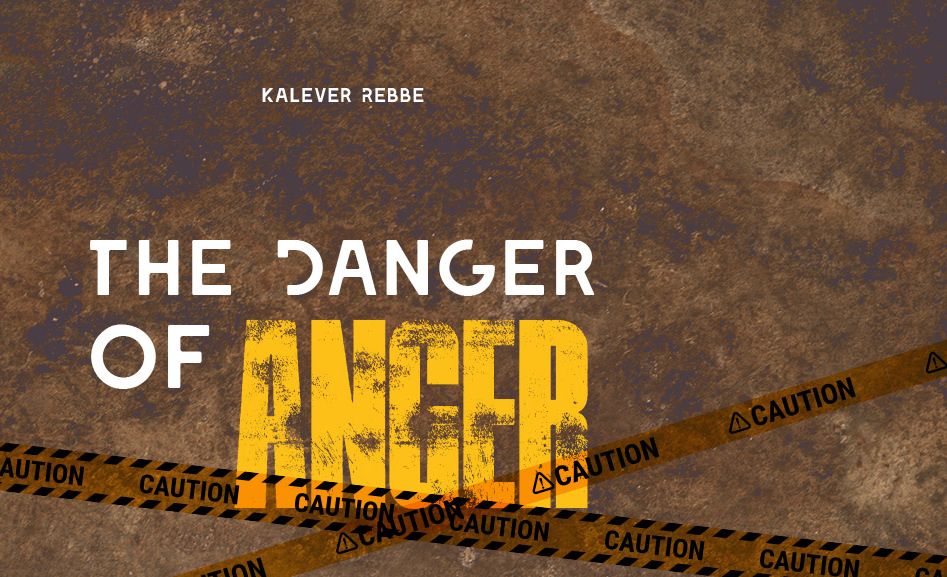
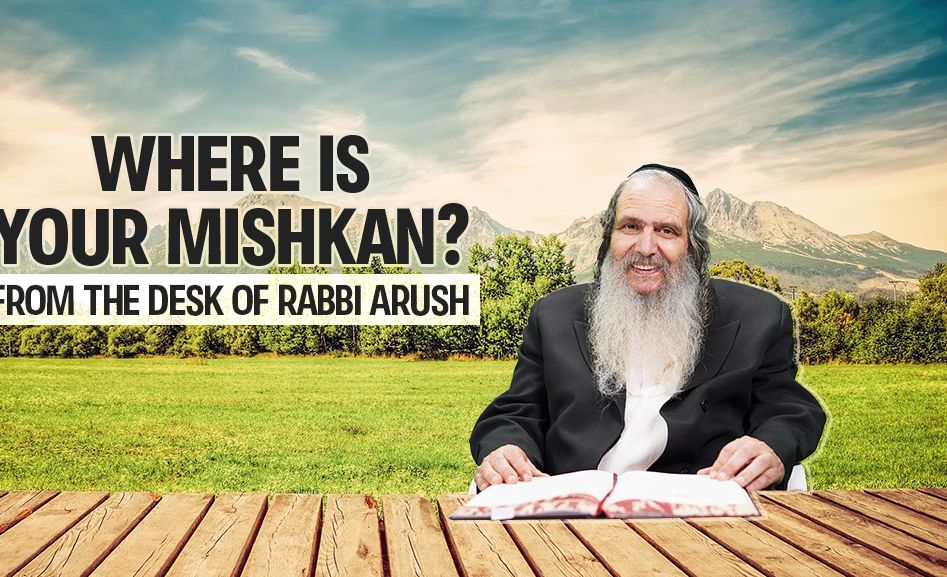
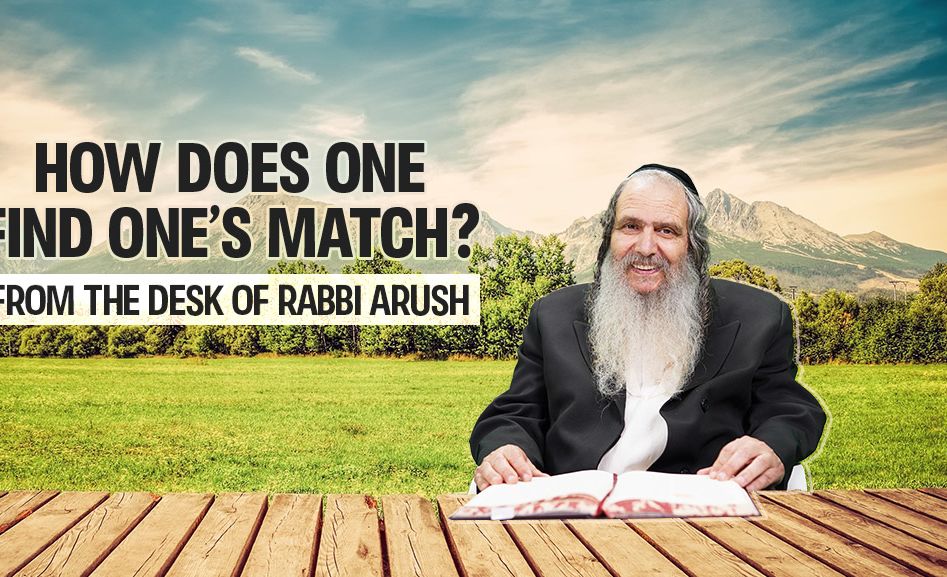


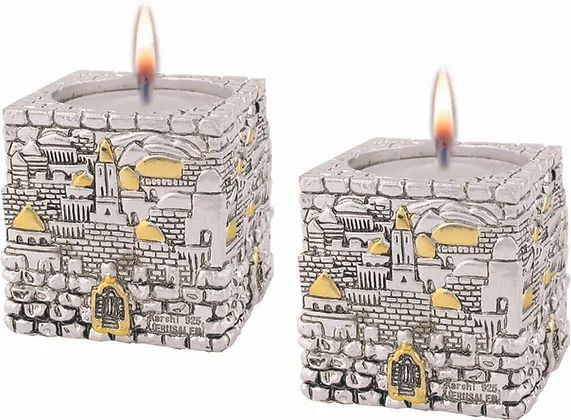
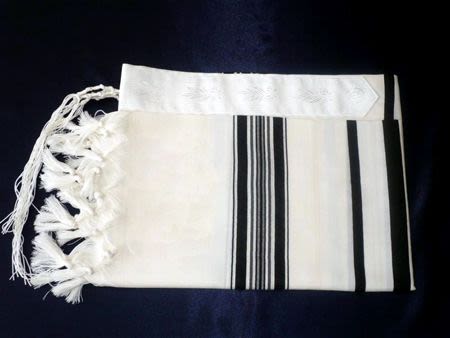


Tell us what you think!
Thank you for your comment!
It will be published after approval by the Editor.